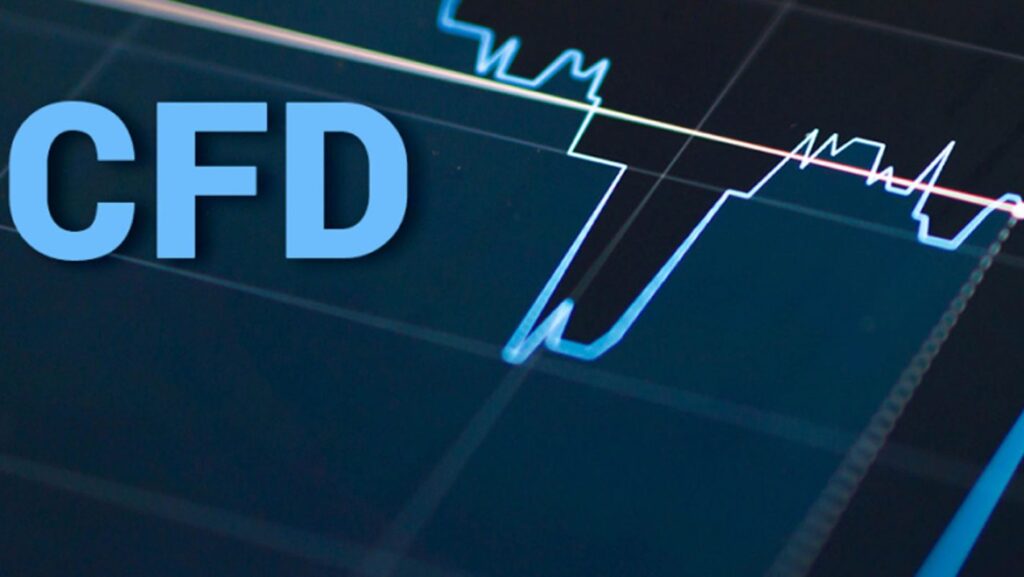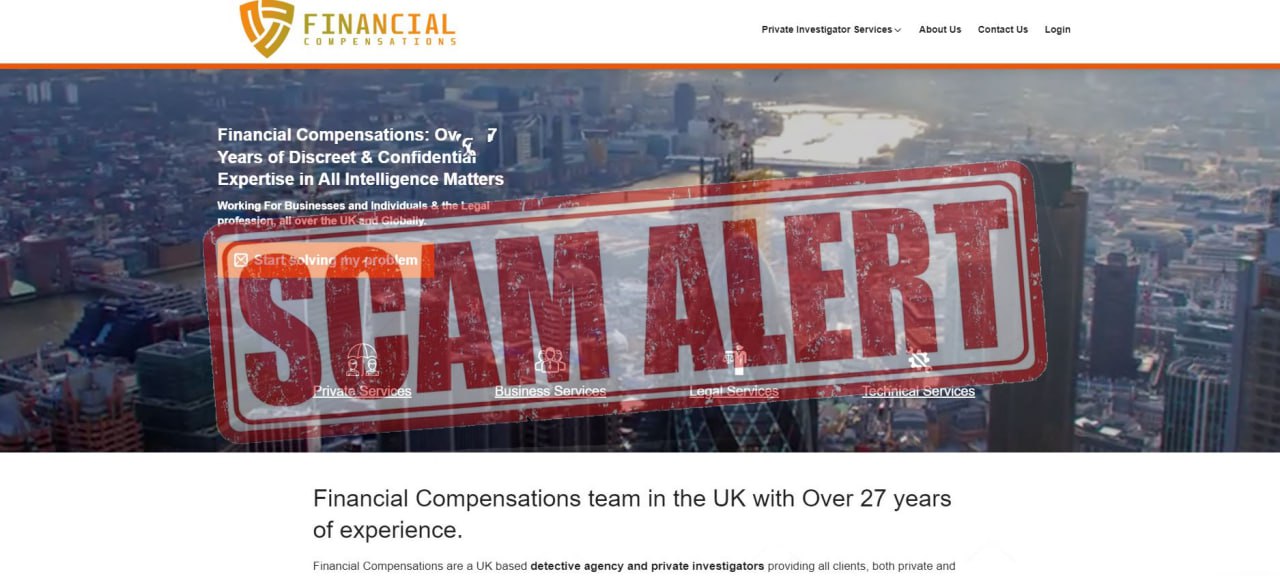CEO, CMO, CFO, employees, board members, shareholders, and other people are the heart of a business association. Selling the shares to outsiders as well as the insiders of a business association is legitimate for the sake of the growth of the association. Things do not turn out to be legitimate when the breach of the company’s securities takes place via the access of confidential information. In addition, insider trading also makes breaches a responsible individual’s fiduciary duty.
Before getting along with the insiders of business, you should know the real identity of the insiders. The upper hierarchy posts mentioned above are present in every medium and large-scale business. People, who are engaged in the above-mentioned posts are not only part of a business association but also hold more than 10% share. Thus they are called insiders. In addition, you should also know the details of the material inside information. Mainly, the value of the business association’s stock is called material insider information.
In addition, the materials which are directly related to the inside and outside investors are also important and contain vital information about the vision and capital of the business association. The activity of insider trading has deeply involved the people closely related to the association where the purchase and sale of the stocks take place. Let’s take some examples so that you can understand the insiders and their trading, in a better way.
If a business association is running on losses, the first people to get the news is the insiders. Mostly, the association do not tend to inform the shareholders in order to keep the business reputation intact. If an employee’s close person is the shareholder of that specific concern, then the latter will advise the former to sell the shares. This type of activity is not legal, and it takes advantage of the loss of the concern.
Let’s take another example, the government business organizations of the USA also release stocks for sale in order to gain more capital for business. When the specific organization opts for passing a new regulation, changes in the values of shares take place. Sometimes, the value goes down and sometimes up. The insiders get positive and negative vibes regarding the up or down values of the shares. The latter informs the other insiders and their close ones, who are the shareholders, before the regulations come out to the public.
All the activities mentioned above regarding the insiders and their trading activities are not at all legal. That is why the securities commission exchange has stepped in to resist illegal insider trading. The US government has released “Rule 10b-5”, which not only prohibits the activities of insider trading but also restricts the corporate officers and directors of reputed business concerns of the country from encouraging insider employees. In addition, the confidential information and other news reports stay intact. This stops the tipping of all corporate information to third-party shareholders.




